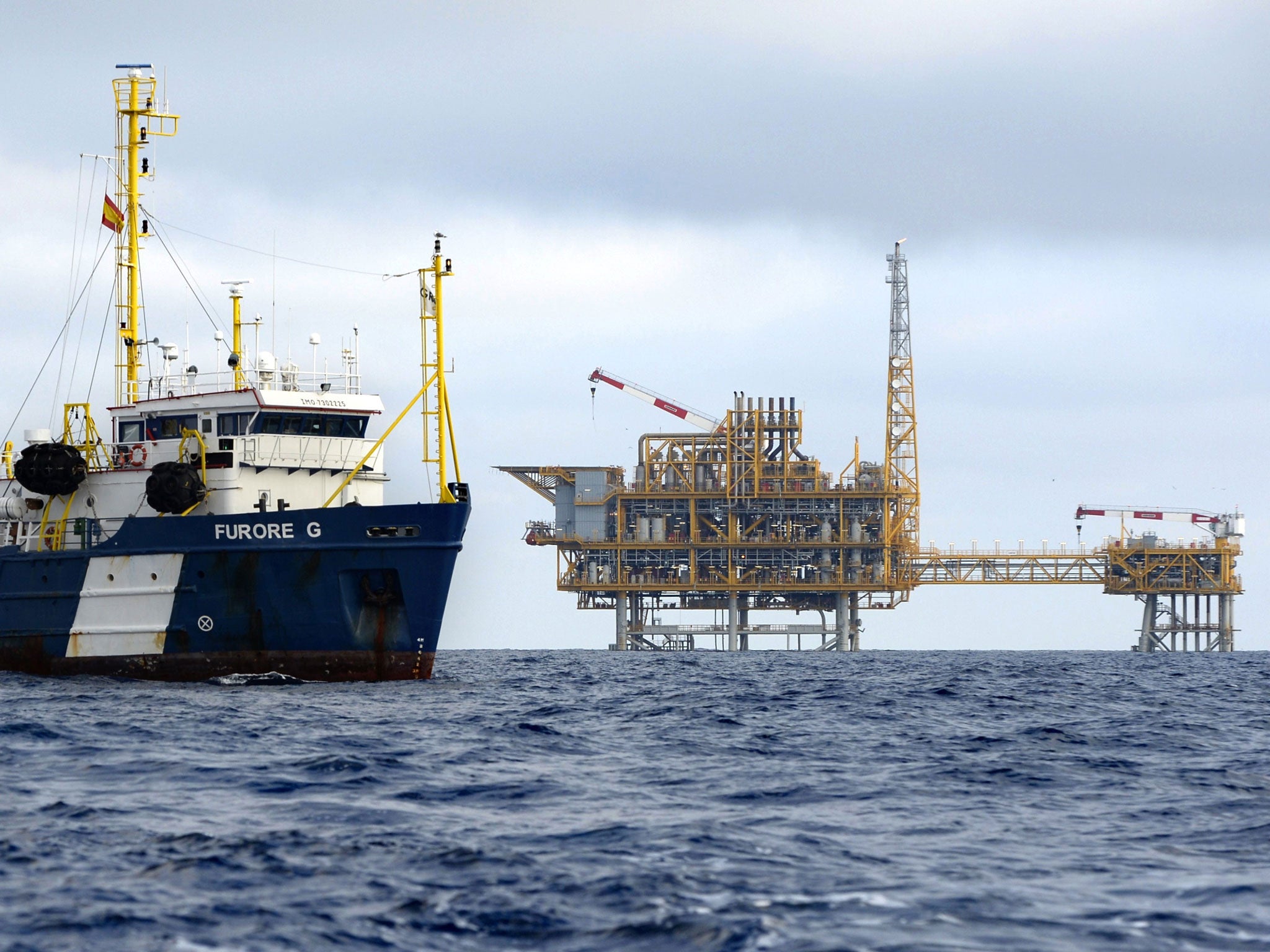Spanish coast hit by waves of earth tremors linked to huge offshore gas storage plant

Thousands of Spanish homeowners on a 200km stretch of Mediterranean coastline have suffered a month of sleepless nights after a wave of minor earthquakes. Many people, including the country’s Minister of Industry, say a massive offshore gas storage plant could be to blame.
More than 300 earthquakes, some of them as strong as 4.2 on the Richter scale, have struck the region of northern Valencia and the southern tip of Catalonia, which is not known for seismic activity. More than 20 quakes struck on Wednesday night alone.
“First the bed started moving, then the furniture and then the whole house. All the dogs in the neighbourhood wouldn’t stop barking,” Pietat Subirats, from the coastal town of Alcanar, told the newspaper El País. Another resident, Emilio Valls, said he called the local police “and they were as scared as I was”.
Mr Valls’ first thought, he said, was that the earthquake could be connected with the Castor gas storage plant, 22 kilometres off Spain’s coast. The plant, owned and operated by the Spanish company Escal UGS, is designed to hold 1.3bn cubic metres of gas in a depleted oil reservoir 1.7 kilometres under the sea and send it via a pipeline to Spain’s national grid.
Last week the government suspended all attempts to continue filling Castor, which already contains 100 million cubic metres of gas. And today, the country’s Industry, Energy and Tourism Minister, José Manuel Soria, said on Spanish radio that “there would seem to be a link… between the storage of gas and the mini-earthquakes that have taken place.”
Luis Suarez, president of Spain’s College of Geologists, went further: “The injection of gas has provoked the increase of seismic activity. Now it has stopped it can be expected that tensions in fault lines will ease and earthquakes diminish in intensity.”
Other geologists were less certain. But whatever their cause, the tremors have awoken grim memories of the earthquake in the town of Lorca, which killed nine people and injured 100 in May 2011 – particularly as some scientists linked that quake to excessive local extraction of groundwater.
Recaredo del Potro, head of Escal UGS ,told Spanish radio that activity at the plant had been “radically halted” and that investigations had begun. Asked if the plant could be made safer, he said: “We’re dealing with forces that are infinitely superior to anything mankind can apply or control.”
A protest against Castor was planned in the region for tonight.
Subscribe to Independent Premium to bookmark this article
Want to bookmark your favourite articles and stories to read or reference later? Start your Independent Premium subscription today.

Join our commenting forum
Join thought-provoking conversations, follow other Independent readers and see their replies